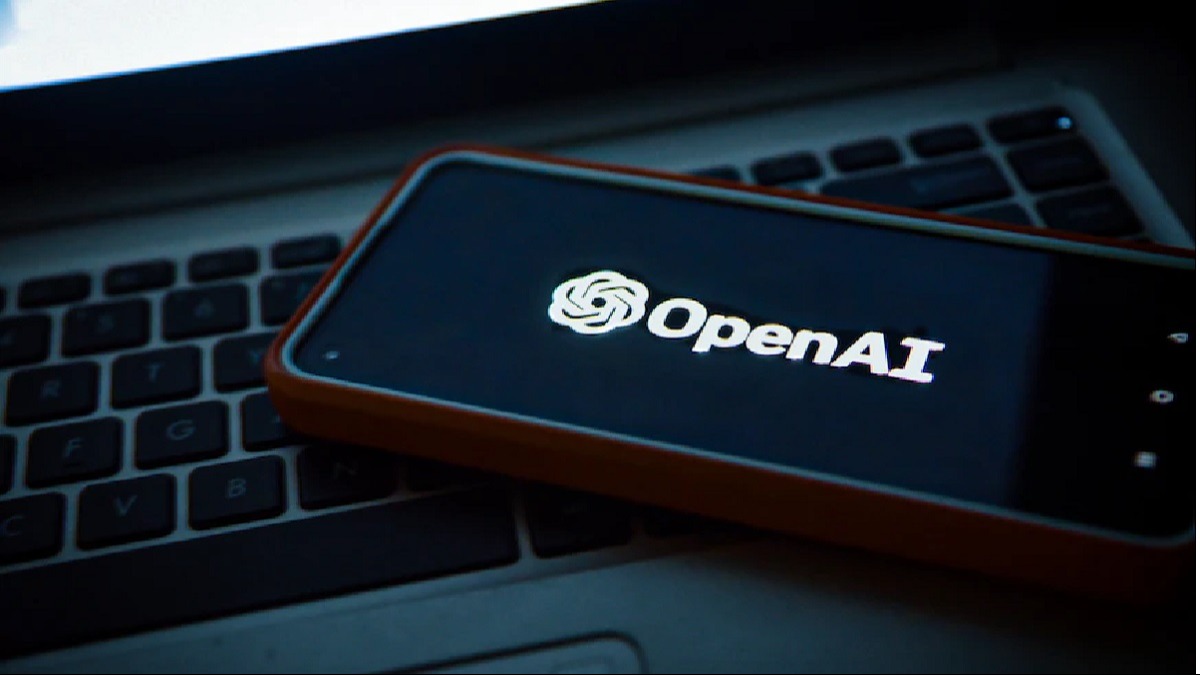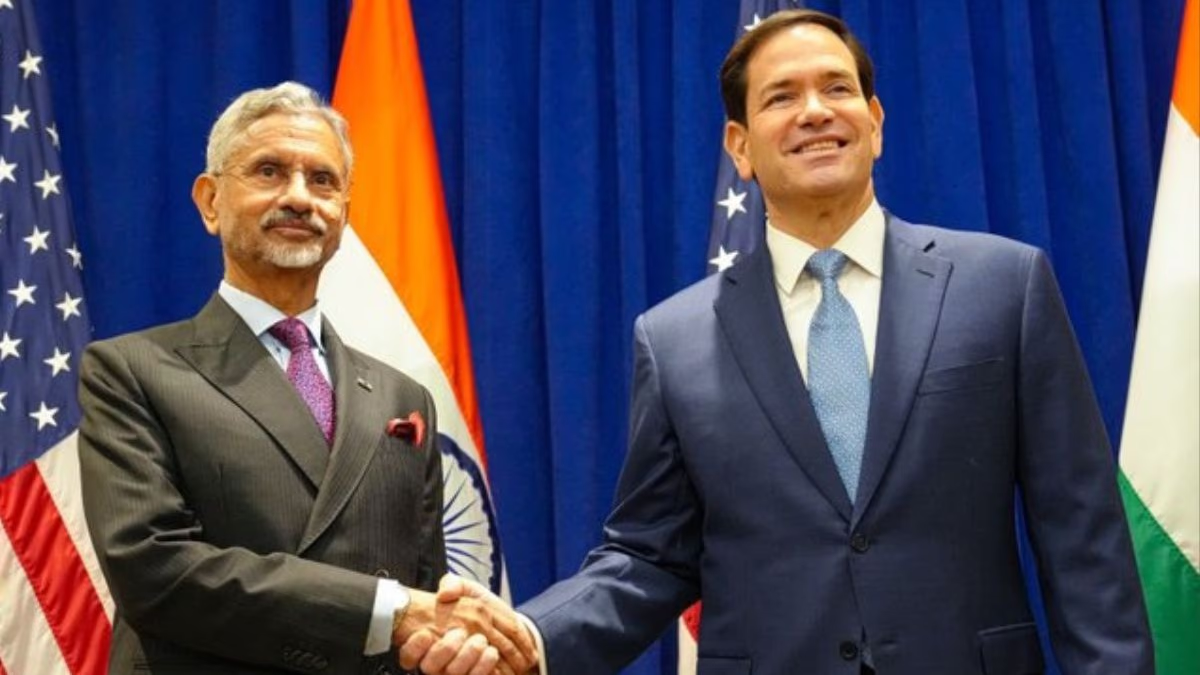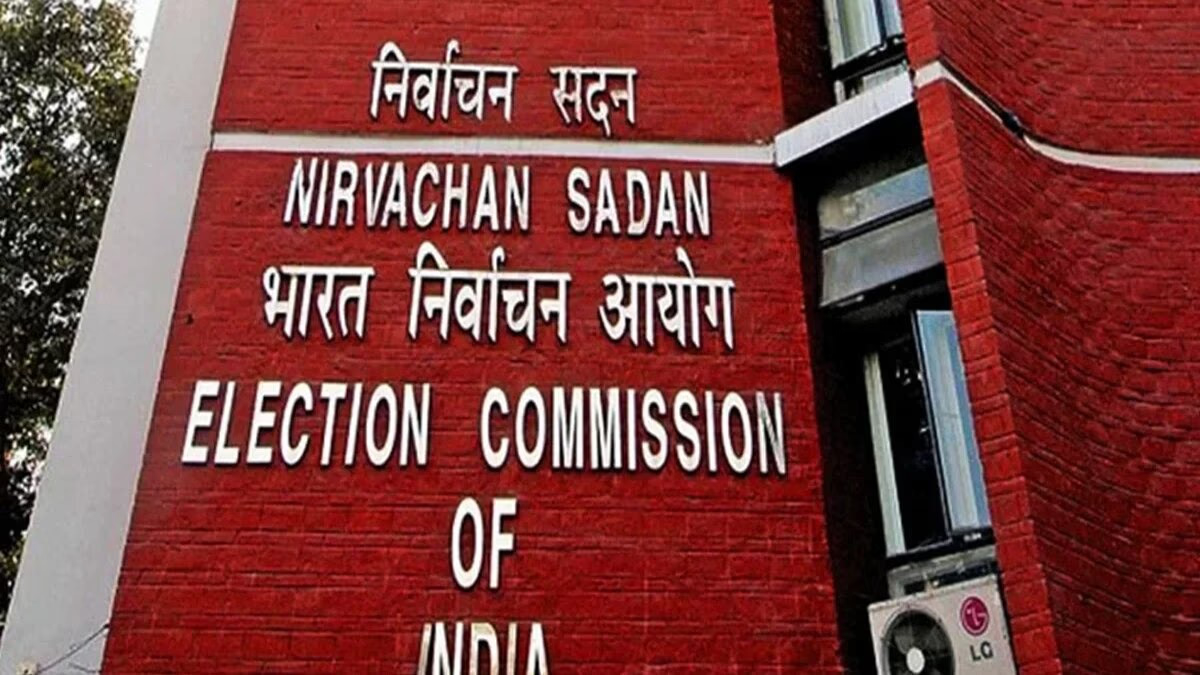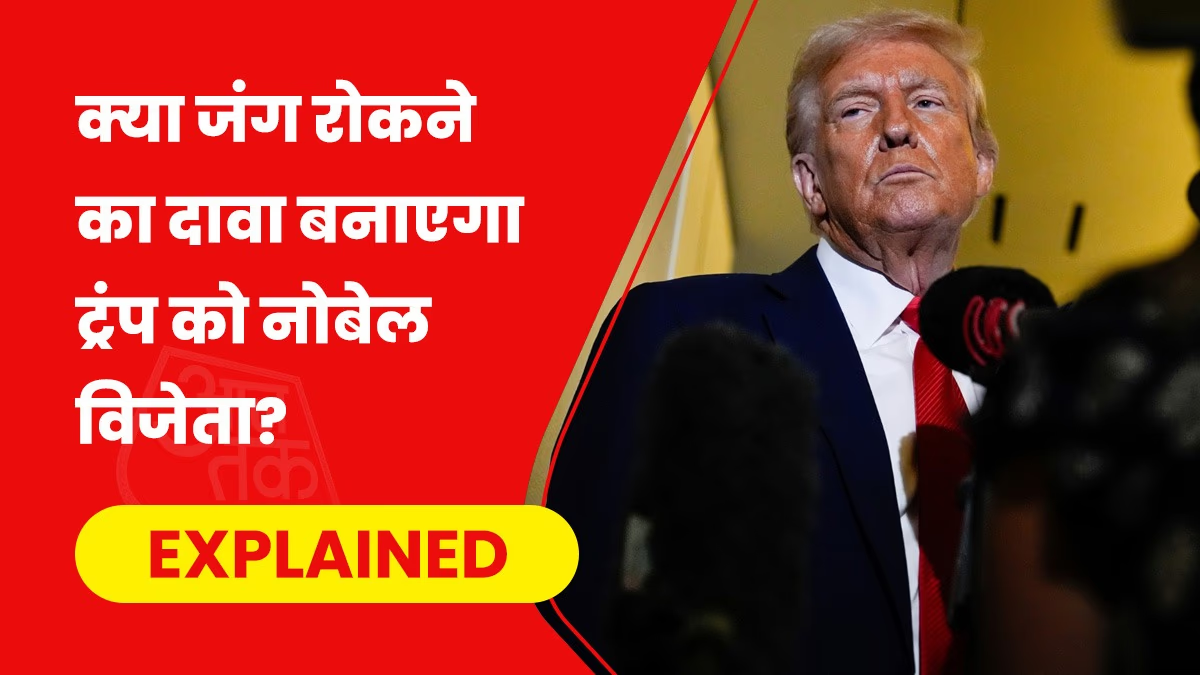At the OpenAI Spring Update, CTO Meera Murati unveiled the GPT-4o, the company's new flagship model where 'o' stands for omni. This AI tool provides text, video, and audio support and is accessible through the ChatGPT app.
GPT-4o has been released for both free and paid users. However, not all features are live yet. This tool integrates text-audio-video in a novel way, offering assistance in real-time translation that could be incredibly useful.
The tool's translation capabilities were showcased in a video, giving the feeling of AI used in movies. Users can also change voice accents, enhancing the realistic experience.
GPT-4o
performs real-time translation efficiently, increasing its usability.
With GPT-4o, users can easily converse in their native languages, effectively breaking down language barriers. If you speak Hindi and the other user speaks English, this tool will enable you both to converse seamlessly without any trouble.
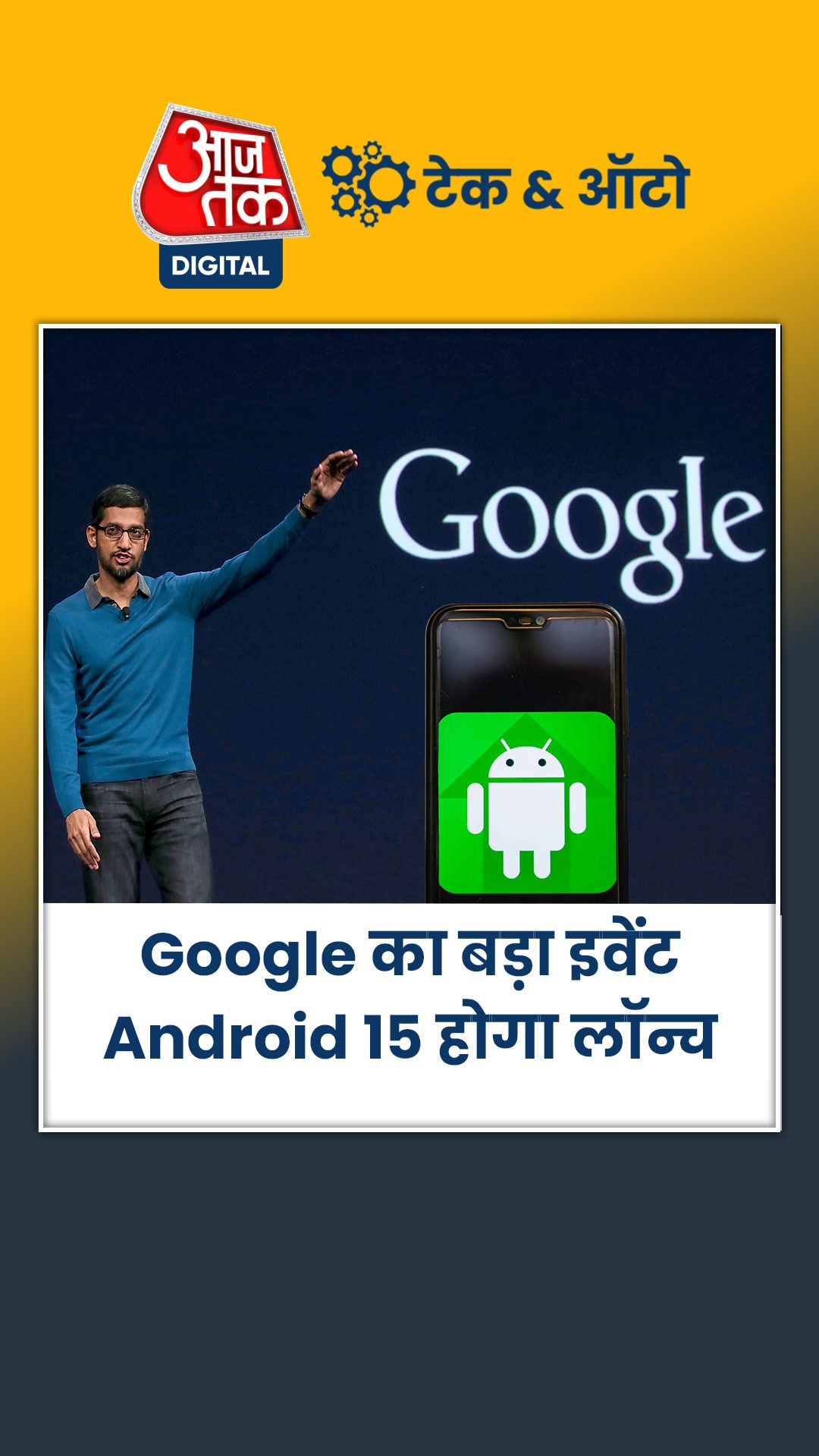
Source: aajtak
This tool provides complete information by translating into the other user's language. Given GPT-4o's translation abilities, many wonder if this signals the end for Google Translate. Nonetheless, with Google I/O happening today, the company may announce significant updates to rival OpenAI.
Google's DeepMind head Demis Hassabis expressed excitement on social platform X about sharing their work at the first Google I/O. Google and AI startups alike face a substantial challenge from OpenAI. OpenAI has also announced the launch of the GPT-4o API, enabling developers to craft new products. The language capabilities of OpenAI have expanded, supporting over 50 languages on GPT-4o, including multiple Indian dialects.
